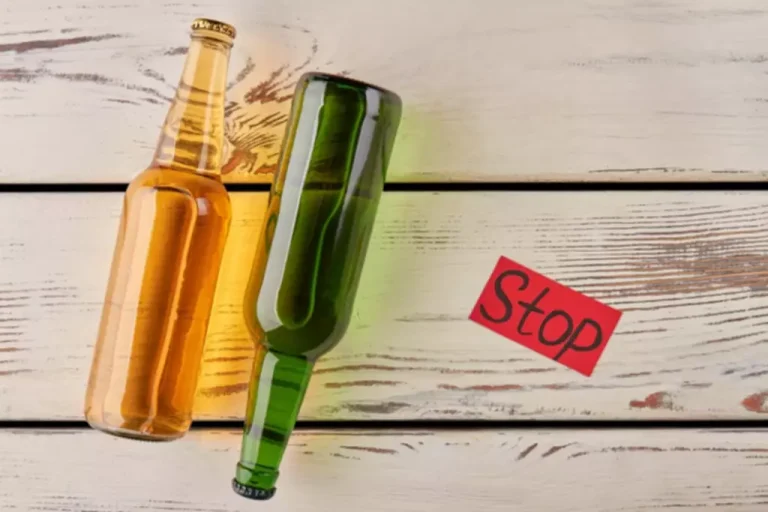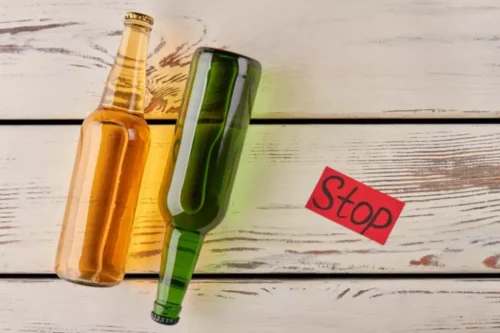
Often, individuals in denial will rationalize their excessive drinking by attributing it to stress or using it as a means to celebrate or relax. They may downplay the amount they drink or the frequency of their drinking sessions. The denial can be challenging to overcome, as it often involves rationalizing continued alcohol consumption despite its negative consequences. However, it’s important not to lose hope, as help is available for those ready to seek it. At Southern California Sunrise Recovery, we specialize in helping individuals navigate the complexities of co-occurring conditions, providing the tools and resources needed for lasting change. The combination of narcissism and alcoholism can create a perfect storm in relationships, leading to significant emotional damage for loved ones.
Identifying Denial in Alcoholics and Its Impacts on Recovery
Avoid being judgmental, but show support and offer suggestions about ways or places they can get help. These conversations can be tricky and emotional, so you may want to involve a therapist or counselor. In most cases, someone who relies on alcohol and drugs will continue to be in denial about their addiction until their problems become impossible to ignore. This could happen in the form of an overdose or other major health event, legal trouble, or relationship strain or loss. When someone with a substance use or alcohol use disorder is in denial, it doesn’t mean they can’t see the way they’re using alcohol and drugs. They may instead see the drugs and alcohol as an escape from their problems.
Treatment Options for Alcoholism and Narcissism
Sometimes denial can be helpful for a little while when dealing with a stressful or traumatic situation. But staying in denial is harmful because it prevents you from seeking help or addressing a situation. People who overuse alcohol and drugs tend to have a hard time dealing with their emotions. Avoid criticizing and shaming, and focus on highlighting your love and concern. Acknowledge alcoholism and denial the positives and listen to their response, even if you don’t agree.

More on Substance Abuse and Addiction

Individuals in denial may justify their drinking by comparing themselves to others who they believe are worse off or have more severe drinking habits. They use this comparison as a way to downplay their own behavior and convince themselves that they don’t have a problem. For example, someone struggling with denial will tell you, “Yeah, I need to cut back” or “This is my last drink,” yet continue drinking excessively without making any real changes in their behavior. In addition to supporting your own mental health, this serves as a role model to your loved one.
This article will discuss the symptoms of an alcoholic in denial, what you need to do while the addict is in denial, and treatment options for the alcoholic once they’re ready to reach out for help. The challenges faced in this arena have provided her with a strong base of practice heroin addiction in assessment, treatment, and case management. When it comes to overcoming alcoholism denial and taking the necessary steps toward recovery, finding the right support is crucial.
Facilitating Family and Friends Intervention for Alcoholics
“Mental health care is critical for achieving long-term success in overcoming AUD,” says Elhaj. Anger and frustration can be tough emotions when supporting someone with AUD. Reminding yourself that you can’t “fix” your loved one — but you can be there for them — can help you cool off, says Elhaj.
- However, recovery is possible and achievable with the proper support and treatment.
- In my own personal experience, after hitting an emotional bottom there was 90% of my rational self that recognized I was alcoholic and 10% that did not.
- While these conditions are distinct, they can sometimes coexist in ways that magnify their impacts on the person struggling and their loved ones.
- Overcoming denial and creating a path to a better future is achievable with empathy, persistence, and expert assistance.
- Try to think objectively about the little and big ways alcohol or drugs play a role in your life.
What Is a High-Functioning Alcoholic?
Hard boundaries are =https://ecosoberhouse.com/ non-negotiables, reflecting core values and principles that one is not willing to compromise on. In contrast, soft boundaries are more flexible and can be adjusted as needed. It is crucial to communicate these boundaries assertively, ensuring that they are understood and respected by others. Not everyone who has alcohol use disorder hides or denies they misuse alcohol. If you’re seeking help for a teen, you can check out resources from the Family Resource Center or the Partnership to End Addiction.
Can Quitting Drinking Lower Blood Pressure? Discover the Health Benefits and Risks
As drinking becomes more important, tasks like work, school, or family may start to suffer. This might show up as bad work, missing work, or not doing chores around the house. This website utilizes various technologies that are meant to make it as accessible as possible at all times.

- In most cases, someone who relies on alcohol and drugs will continue to be in denial about their addiction until their problems become impossible to ignore.
- Simply download our app and get professional medical intervention anywhere you are.
- That way, there’s no need to make major lifestyle changes or face difficult emotions.
- Moreover, support groups, such as Alcoholics Anonymous (AA), provide a community of peers for long-term support.
- Activities that bolster your physical and emotional well-being, alongside stress management techniques, are essential.
- People with alcohol use disorder sometimes have reduced capacity for organizing and analyzing available evidence to draw a conclusion.
As their reliance on alcohol increases, you may begin to notice that your loved one downplays the role alcohol has in their lives and makes excuses for their actions, especially their drinking. But if you or someone you know is showing signs of denial, don’t feel discouraged. The NIAAA Alcohol Treatment Navigator is a great tool that provides more information about alcohol use disorder, how to find treatment, and how to find support. If you or someone you know is living with alcohol use disorder, there are a number of resources that can help. Unlike denial, which is a coping mechanism, anosognosia is the result of changes to the frontal lobe of the brain. If you think someone you know is in denial about living with alcohol use disorder, there are ways you can help them.
Communicate your boundaries

When you bring up drinking around someone living with alcohol use disorder, they may act as though your concerns are trivial. Each person has a different experience and insight on their relationship with alcohol. While some may have reached a place of awareness, others may still be trying to understand the seriousness of their condition. People with alcohol use disorder may experience denial, which can delay treatment. Avenues Recovery is a community-based drug and alcohol rehabilitation center with locations across the United States.




